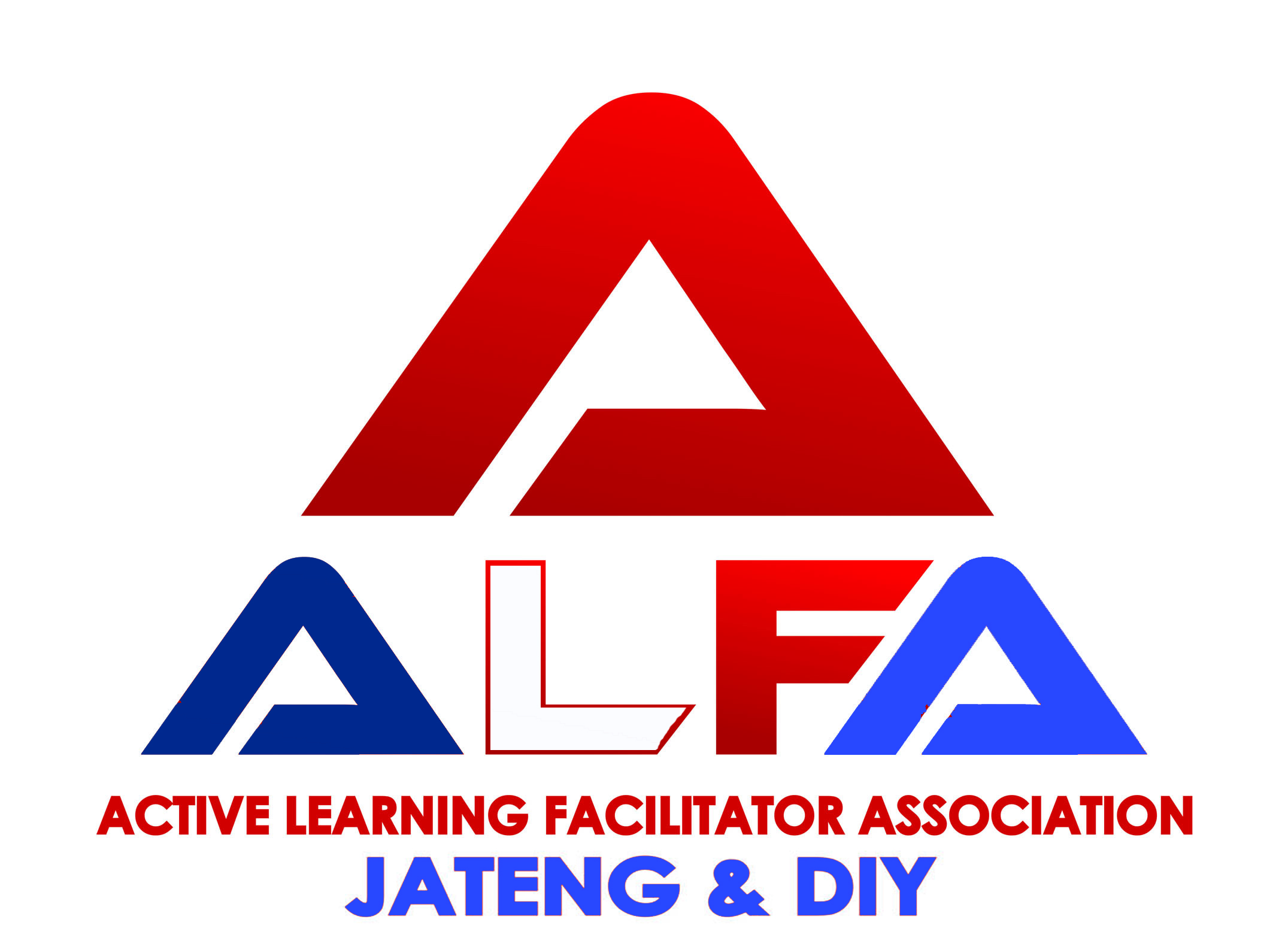The Implementation of Problem Based Learning to Improve The Students’ Learning Outcomes of Cognitive Aspects in Oxy Acetylene Welding Course
Abstract
Keywords: problem-based learning, cognitive aspects, learning outcomes
Full Text:
PDFReferences
Ana, Sunarsih, Neni Rohaeni. (2013). Pengembangan Tugas Akhir melalui Project Based Learning Model untuk Meningkatkan Generic Green Skills Siswa. Jurnal Pendidikan Teknologi dan Kejuruan Vol 21, No 3, 219-226
Arends, R.I. (2008). Learning to Teach, Belajar untuk Mengajar (7th ed.). Translator: Helly Prayitno S & Sri Mulyantini S. New York: McGraw Hill Companies
Barbara J. Duch, Susan E. Groh, Deborah E. Allen. (2001). The Power Of Problem Based Learning. Virginia: Stylus
Carroll. J. B. (1993). Human cognitive abilities: a survey of factor-analytic studies. New York: Cambridge University Press.
Febriana, Rina. (2017). The Effectiveness of Project Based Learning on Students’ Social Attitude and Learning Outcomes’. Jurnal Pendidikan Teknologi dan Kejuruan.23.4, 374-382
Guthrie, J.W. & Schuermann, P.J. (2011). Leading Schools to Succes: Constructing and Sustaining High Performing Learning Culture. Los Angeles: SAGE Publication, Inc
Kemmis, S. and R McTaggart, (1988). Action Research - some ideas from The Action Research Planner Third edition ed. Deakin University
Liu, W. C., Liau, A. K., & Tan, O. S. (2009). E- Portfolios for Problem-Based Learning: Scaffolding Thinking and Learning in Preservice Teacher Education. In Tan, O.S. (Ed.). Problem-Based Learning and Creativity. Singapore: Cengage Learning Asia Pte Ltd.
Marifatun, M., Sulistyorini, S., & Ahmadi, F. (2018). The Effectiveness of the Problem Based Learning Model Assisted by Interactive CD on Mathematical Problem Solving Ability Reviewed from Students’ Cognitive Style. Innovative Journal of Curriculum and Educational Technology, 7(2), 78-85. Retrieved from https://journal.unnes.ac.id/sju/index.php/ujet/article/view/29103
Pardjono, dkk. (2007). Panduan penelitian tindakan kelas. Yogyakarta: Lembaga Penelitian Universitas Negeri Yogyakarta.
Raharho. (2018). The influence of problem-based learning and direct Teaching on students’ learning outcomes. Jurnal Pendidikan Teknologi dan Kejuruan, Vol. 24, No. 1, 62-71
Rusmono. (2012) Strategi Pembelajaran Dengan Problem Based Learning, Bogor: Ghalia
Tan, O. S. (2003). Problem-Based Learning Innovation, Using Problems to Power Learning in the 21st Century. Singapore:Cengage Learning Asia Pte Ltd.
Tan, Oon-Seng. (2009). Problem-based learning and creativity. Singapore: Singapore: Cengage Learning Asia Pte Ltd.
Wong, H. K. & Wong, R. T. (2005). How to be An Effective Teacher: the First Days of School. Montain View: Harry K. Wong Publication, Inc.
DOI: https://doi.org/10.31002/ijose.v3i2.1285
Refbacks
- There are currently no refbacks.
Copyright (c) 2019








